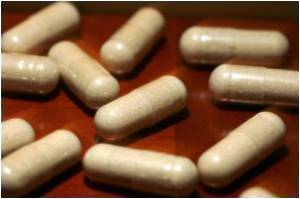
In this study which appears in the journal Archives of Dermatology , looked at 83 patients being treated for acne, nearly 50 per cent had been treated with antibiotics and between 40 per cent and 50 per cent had the bacteria in their throats or noses. What proved to be interesting was patients who were taking antibiotics for some time to treat their acne showed less evidence of staph bacteria because the acne drugs were killing nose and throat bacteria in addition to the bacteria that cause acne. The staph bacteria had not built up antibiotic resistance.
“The prolonged use of antibiotics from the tetracycline class that are commonly used to treat acne lowered the prevalence of colonization by S. aureus and did not increase resistance to the tetracycline antibiotics," report the researchers. "Future research should be conducted with respect to other organisms and antibiotics."
While the long-term use of tetracyclines is still to be determined, the antibiotic is administered with a topical benzoyl peroxide, and the course of treatment is restricted to a maximum of 3-4 months.
Dr. Guy Webster, a dermatologist at Jefferson Medical College in Philadelphia, says, "A lot of the public panic about treating acne with antibiotics is unwarranted, at least as far as Staph aureus and resistance goes.”
Advertisement












